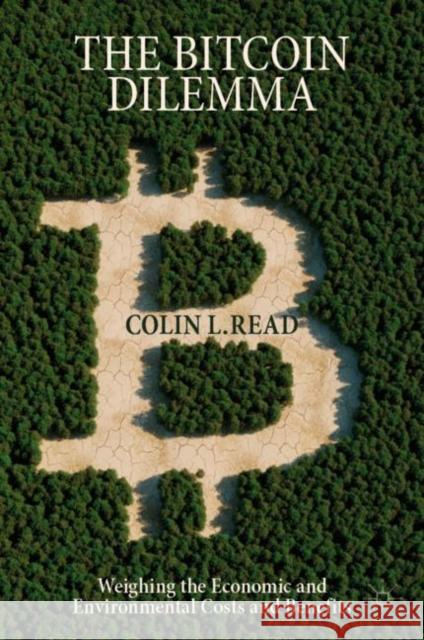The Bitcoin Dilemma: Weighing the Economic and Environmental Costs and Benefits » książka
topmenu
The Bitcoin Dilemma: Weighing the Economic and Environmental Costs and Benefits
ISBN-13: 9783031091377 / Angielski / Twarda / 2022 / 242 str.
The Bitcoin Dilemma: Weighing the Economic and Environmental Costs and Benefits
ISBN-13: 9783031091377 / Angielski / Twarda / 2022 / 242 str.
cena 201,72 zł
(netto: 192,11 VAT: 5%)
Najniższa cena z 30 dni: 173,46 zł
(netto: 192,11 VAT: 5%)
Najniższa cena z 30 dni: 173,46 zł
Termin realizacji zamówienia:
ok. 22 dni roboczych
Bez gwarancji dostawy przed świętami
ok. 22 dni roboczych
Bez gwarancji dostawy przed świętami
Darmowa dostawa!
Kategorie:
Kategorie BISAC:
Wydawca:
Springer International Publishing AG
Język:
Angielski
ISBN-13:
9783031091377
Rok wydania:
2022
Ilość stron:
242
Wymiary:
23.5 x 15.5
Oprawa:
Twarda
Dodatkowe informacje:
Wydanie ilustrowane











